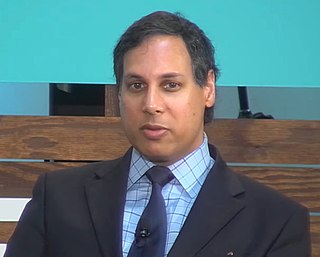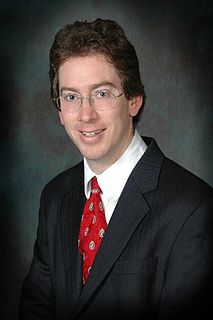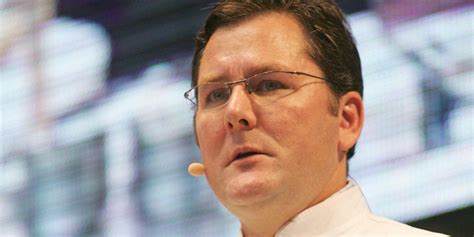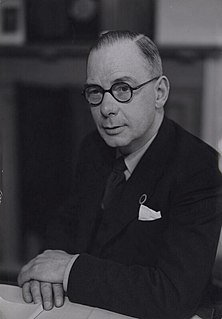A Quote by Nirmala Sitharaman
Most of the expressions we use in economics are relative terms. All of us are votaries of free trade.
Quote Topics
Related Quotes
The Transatlantic and Transpacific Trade and Investment Partnerships have nothing to do with free trade. 'Free trade' is used as a disguise to hide the power these agreements give to corporations to use lawsuits to overturn sovereign laws of nations that regulate pollution, food safety, GMOs, and minimum wages.
I am opposed to all forms of control; I am for an absolute laissez faire, free, unregulated economy. I am for the separation of the state and economics, just as we had separation of state and church, which led to peaceful coexistence among different religions...so the same applies to economics. If you separate the government from economics, if you do not regulate production and trade, you will have peaceful cooperation, and harmony and justice among men.
There's a whole range of areas that we'll be looking at, so I'm not at this very early stage going to specify any particular areas. As you will know, there will be a limit to how far we can go in terms of a formal free trade agreement until we've actually left the European Union. I think there is much that we [with Donald Trump] can do in the interim in terms of looking at how we can remove some of the barriers to trade in a number of areas.
I want completing the single market to be our driving mission. I want us to be at the forefront of transformative trade deals with the US, Japan and India as part of the drive towards global free trade. And I want us to be pushing to exempt Europe's smallest entrepreneurial companies from more EU directives.
Globalization and trade liberalization were supposed to make us all better off through the mechanism of trickle-down economics. What we seemed to be seeing instead was trickle-up economics, accompanied by a destruction of democratic politics, as we moved ever closer to a system of 'one dollar, one vote' as opposed to 'one person, one vote.'
Euphonic and harmonious expressions, forcible and just expressions, profound and comprehensive expressions, and especially apt and witty expressions, each have their specific influence upon different minds, and their common influence upon all minds.... It is therefore high time our most valuable aphorisms and paragraphs were put in order for frequent perusal, and for handy reference, as the circumstances of life call up subjects.


































